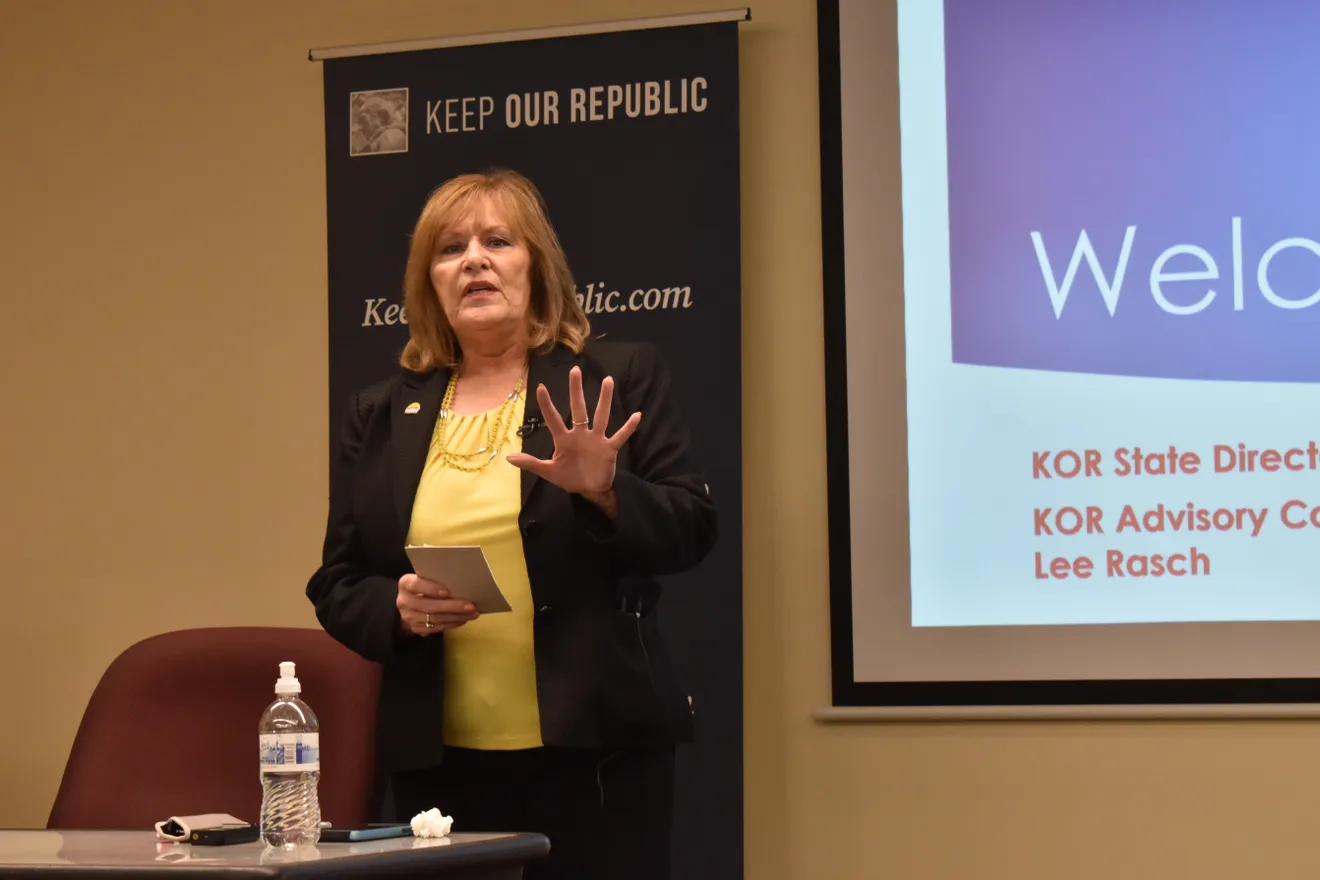Voter education group works to pierce distrust in elections in Wisconsin, one meeting at a time
November 3, 2023 | Tyler Katzenberger | Milwaukee Journal Sentinel
Serious mistrust of routine election processes lingers in Wisconsin and other battleground states. A Monmouth poll from June found nearly a third of Americans still believe the 2020 election was stolen from Trump despite dozens of court cases and investigations proving otherwise.
The Oct. 25 La Crosse event was hosted by Keep Our Republic, a nonpartisan voter education nonprofit that has organized town hall-style forums throughout the state as part of a nationwide effort to combat election mistrust. …
LA CROSSE – Armed with a slideshow and a microphone, La Crosse city clerk Nikki Elsen and her fellow event panelists walked three dozen people gathered in a windowless, beige basement room through the minutiae of Wisconsin’s election process on a recent night.
Some of the details Elsen covered were painstakingly dull, a fact the audience and the election officials sitting next to her acknowledged with shared quiet laughter.
But Elsen remembers how election officials were rocked by rampant and inflammatory election disinformation three years ago, much of which attacked routine practices undertaken by nonpartisan local and state election workers during former President Donald Trump’s loss in the 2020 presidential election.
It’s a scenario she and others on the panel hope to avoid as they gear up for an impending 2024 presidential race where Wisconsin could be the “tipping point” state that decides the winner by a razor-thin margin.
“It was a little frightening. Everybody was fleeing city hall,” Elsen said when asked to recall her experience as deputy clerk during the November 2020 election season. “We were there and had to just continue working through it.”
Group seeks to restore trust in elections process
Serious mistrust of routine election processes lingers in Wisconsin and other battleground states. A Monmouth poll from June found nearly a third of Americans still believe the 2020 election was stolen from Trump despite dozens of court cases and investigations proving otherwise.
The Oct. 25 La Crosse event was hosted by Keep Our Republic, a nonpartisan voter education nonprofit that has organized town hall-style forums throughout the state as part of a nationwide effort to combat election mistrust.
Those in attendance largely avoided confrontation, with the exception of some grumbles about Wisconsin’s Republican-leaning voting district maps.
Officials instead fielded clarifying questions about state election rules. For example, one woman asked if her son in the Navy could vote from overseas (yes, he can) while another asked where observers could stand at the polls (between three and eight feet away, though that varies by municipality).
Local election officials like Elsen and Meagan Wolfe, Wisconsin’s embattled top elections administrator, went under the microscope for 2 1/2 hours in La Crosse to explain their jobs and dispel misinformation enveloping Wisconsin’s election process ahead of the 2024 election.
Rather than rehash the politically tumultuous 2020 race or single out a political party, panelists walked step-by-step through Wisconsin’s election infrastructure to correct misconceptions and share safeguards used to prevent voter fraud.
“As a nonpartisan official, I feel like it’s my job, my duty, to see that political fog and see where we can see clarity in a nonpartisan way,” Wolfe said.
Kathy Bernier, a former Wisconsin state Senator and county clerk, hopes the added transparency will help restore lost trust in election officials. As state director of Keep Our Republic, Bernier hosts community engagement events across Wisconsin that let voters hear directly from election officials.
“Our job is to open up dialogue, to allow people to ask questions, to recognize where we can improve,” she said.
Bernier, a Republican, will be the first in the room to tell you Joe Biden won the 2020 presidential election and that conspiracies undermining his victory “absolutely couldn’t be true.”
Yet, she assigned blame for election mistrust to both parties. Bernier cited congressional Democratic lawmakers’ investigation into Trump’s alleged collusion with Russian agents during the 2016 election.
A federal report prepared by special investigator Robert Mueller found no evidence of collusion but concluded that Trump’s campaign received “multiple offers” of assistance from people linked to Russia and suggested Trump’s actions could have obstructed justice.
“We’ve somehow desensitized ourselves to the lies that are told by the political machines in Washington. That, too, needs to be covered, that, too, needs to be addressed, that we’re sick of the lies, the misinformation and the disinformation,” Bernier said.
Bernier said she believes there are “lessons to be learned” from 2020, particularly in how election officials communicate with voters and lawmakers. She cited voter drop boxes, which have since been deemed illegal by the state Supreme Court, as an example.
“I didn’t know that drop boxes were being used for years,” Bernier said. “Nobody came to me as the chair of the elections committee to say we should probably put this into law.”
She also criticized grants some Wisconsin clerks accepted in 2020 to help fund elections administration during the COVID-19 pandemic. The grants, awarded from a group funded by Facebook founder Mark Zuckerberg, were mostly awarded to Wisconsin’s five largest cities, all of which lean Democratic.
Wolfe concerns a product of 2020 doubts, Bernier says
In Wisconsin, Wolfe, the state’s top nonpartisan election administrator, has weathered a barrage of attacks from state Republican lawmakers who for years have framed her as a scapegoat for voting concerns, some of which rely on baseless claims about the 2020 presidential election.
Those attacks culminated in a September vote to fire Wolfe, a legally dubious move that hurled Wisconsin’s elections agency into a courtroom fight to determine who will lead voting operations less than 13 months before the 2024 election. Separately, a group of Republicans has circulated impeachment articles against Wolfe, and Speaker Robin Vos has assigned the impeachment articles to be considered by an Assembly committee.
The legal case against Wolfe has faltered since it was filed. Attorneys for legislative Republican leaders admitted they fired Wolfe as a “symbolic” move in a court filing on Oct. 16. A week later, a Dane County judge barred Republicans from removing or replacing Wolfe from her position as elections administrator.
Wolfe said the legal filing revealed what she knew all along — that this was politics.
“I feel really good knowing that I did stand strong when people tried to bully me out of my position,” she said.
Bernier, a self-described optimist, hopes education events like the panel in La Crosse will rebuild confidence in the state’s voting process while also letting elections officials hear directly from voters.
“We can’t relive 2020 over and over again,” Bernier said. “We are undermining our republic from within, and we’re making ourselves weaker in the eyes of the rest of the world.”
But 2020 continues to haunt Wisconsin Republicans, many of whom blame Wolfe for decisions made by a state nonpartisan elections board Wofle is bound by law to follow.
“They believe that somebody has to pay the price for the decisions made by the Wisconsin Elections Commission,” Bernier said. “But what they don’t understand is they set up the Wisconsin Elections Commission as it sits, and Meagan Wolfe just carries out their instructions.”
“The wolves want something to eat, and they’re going to throw them Meagan Wolfe,” Bernier said.
Republican attacks have had real impacts for Wolfe, who said Wednesday she has seen emails and social media posts that “certainly make (her) feel uncomfortable” amid criticisms over her job performance, regardless of their merit.
Wolfe said the posts, along with lingering legal uncertainty about whether she can stay in her position, leave her feeling tired.
“But I feel very well-supported by our law enforcement, and we continue to evaluate those things,” she said. “It certainly is not going to stop me from going out and talking to people about elections.”


